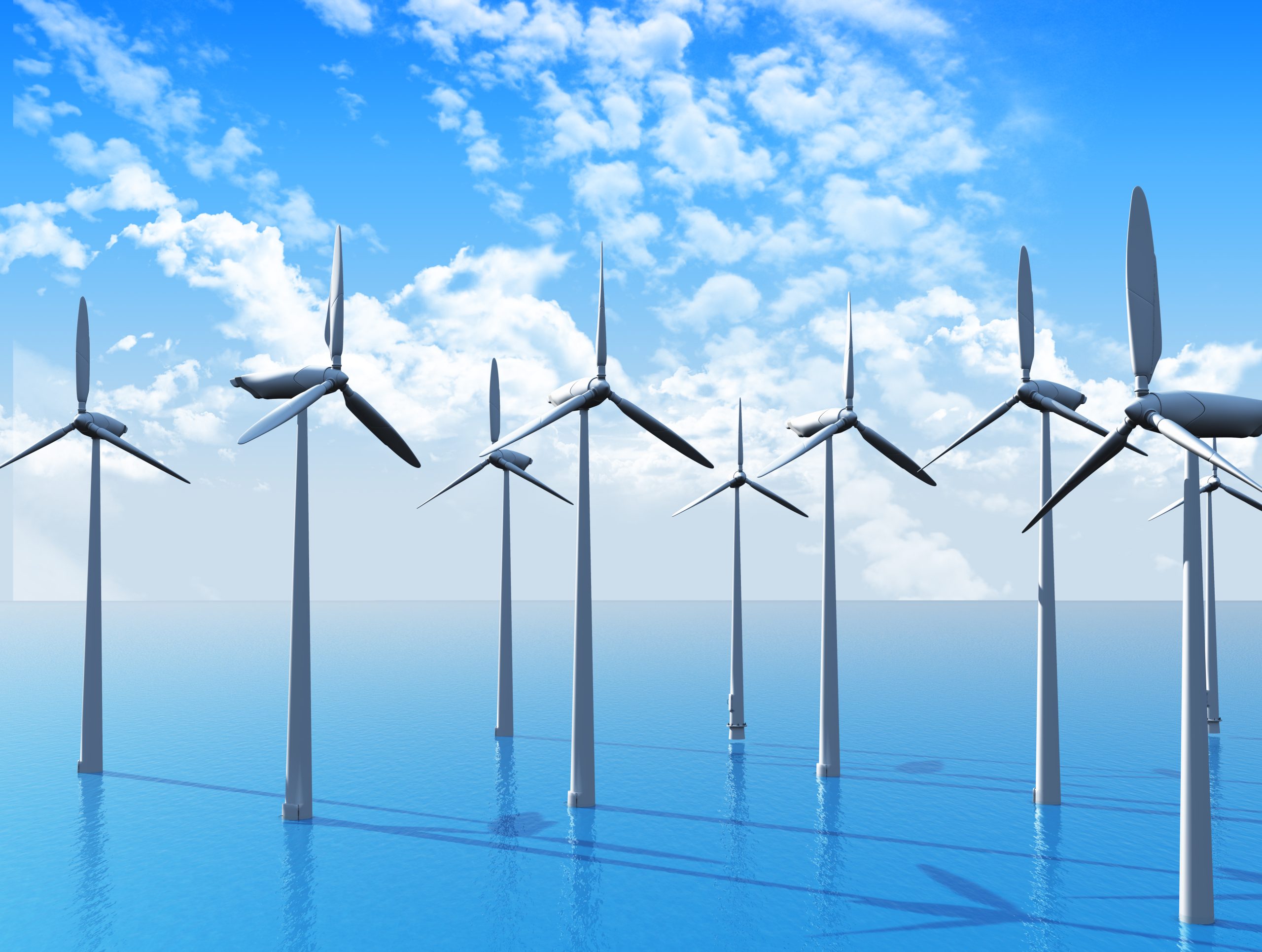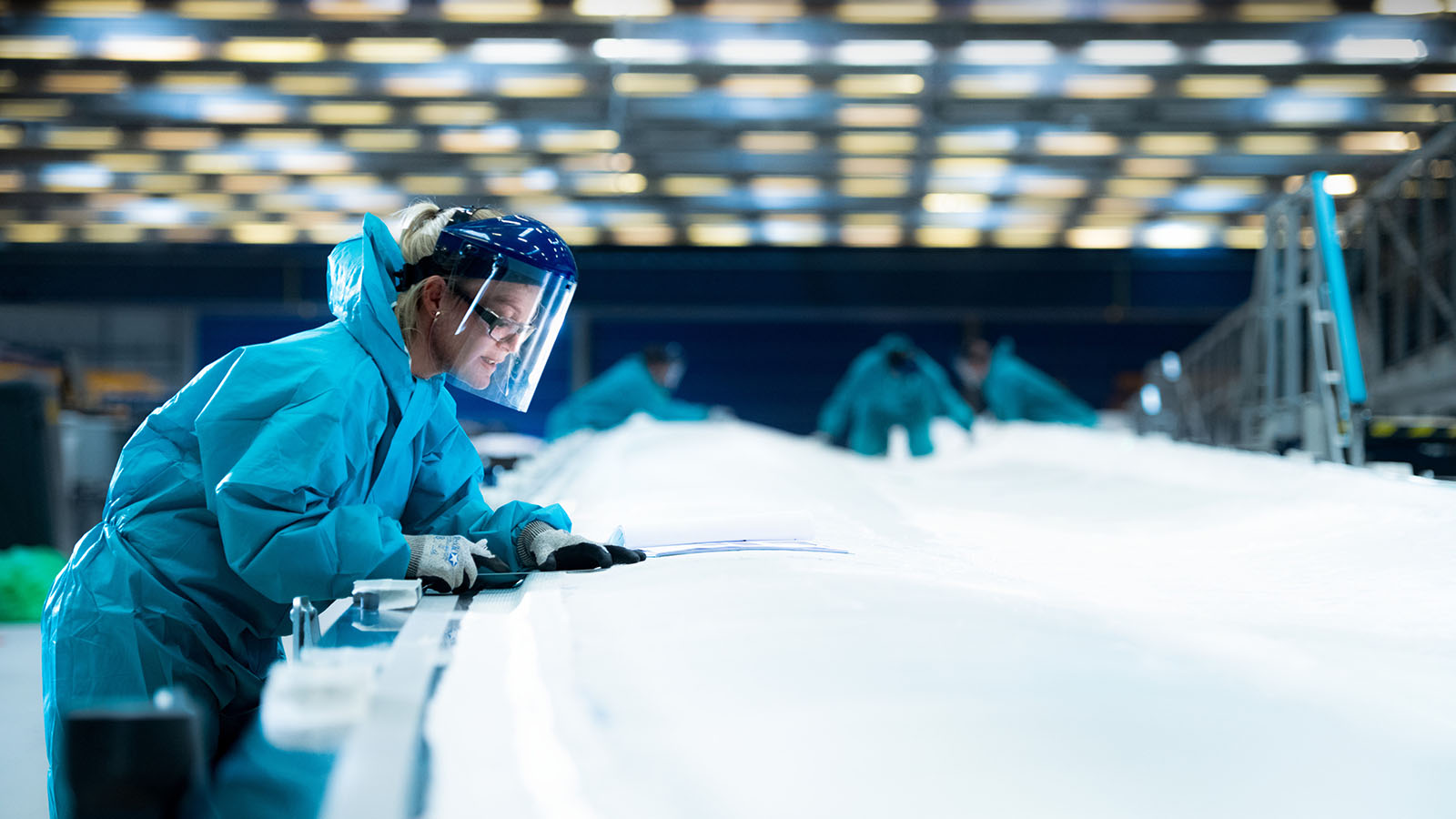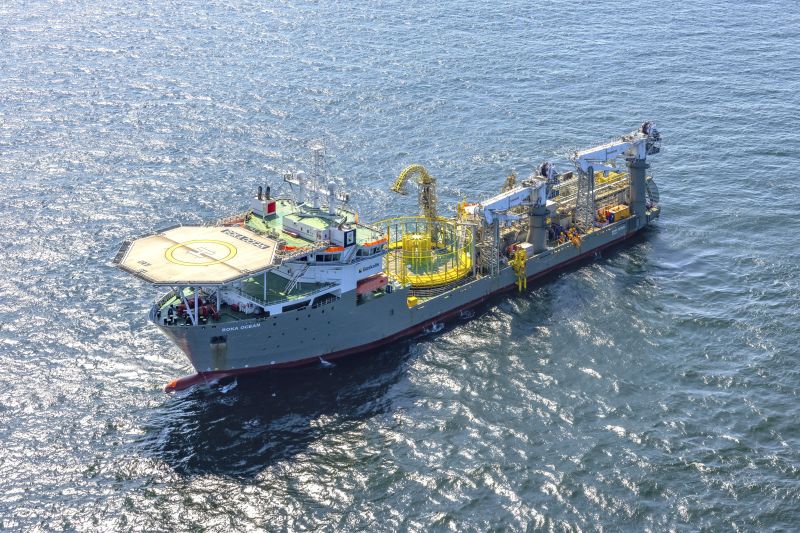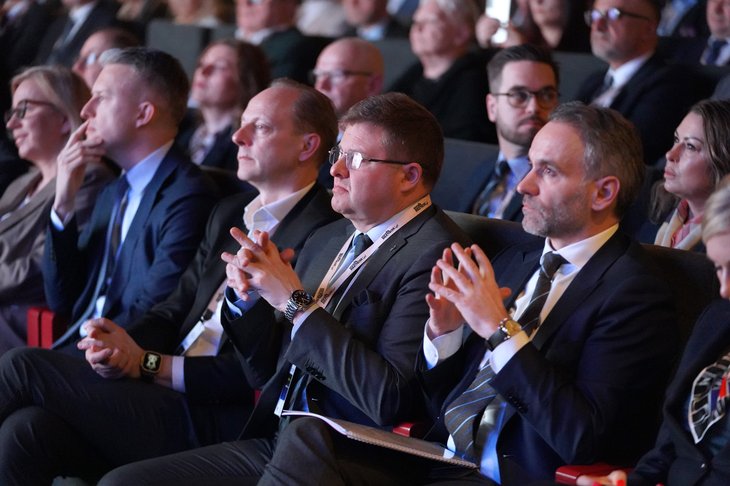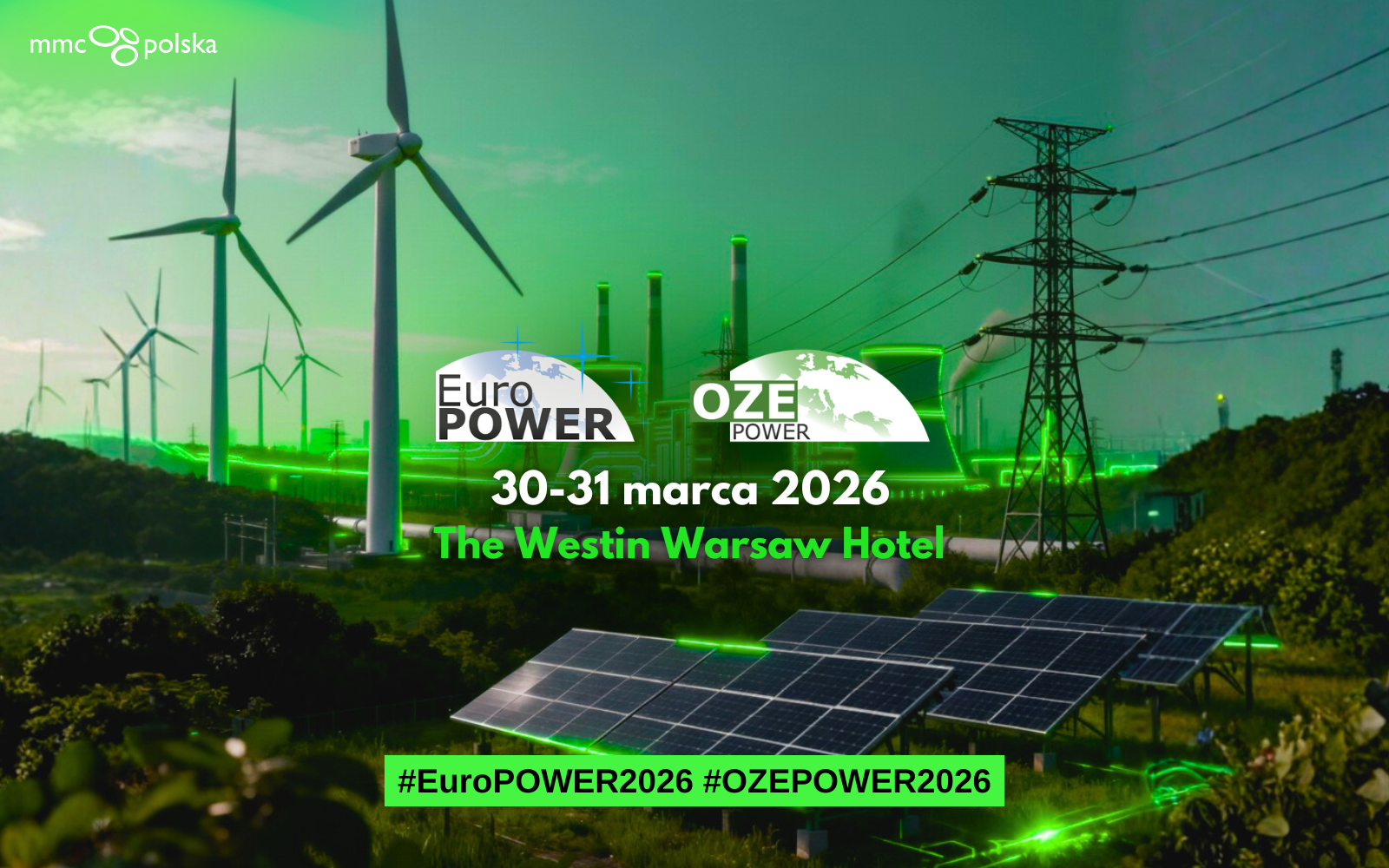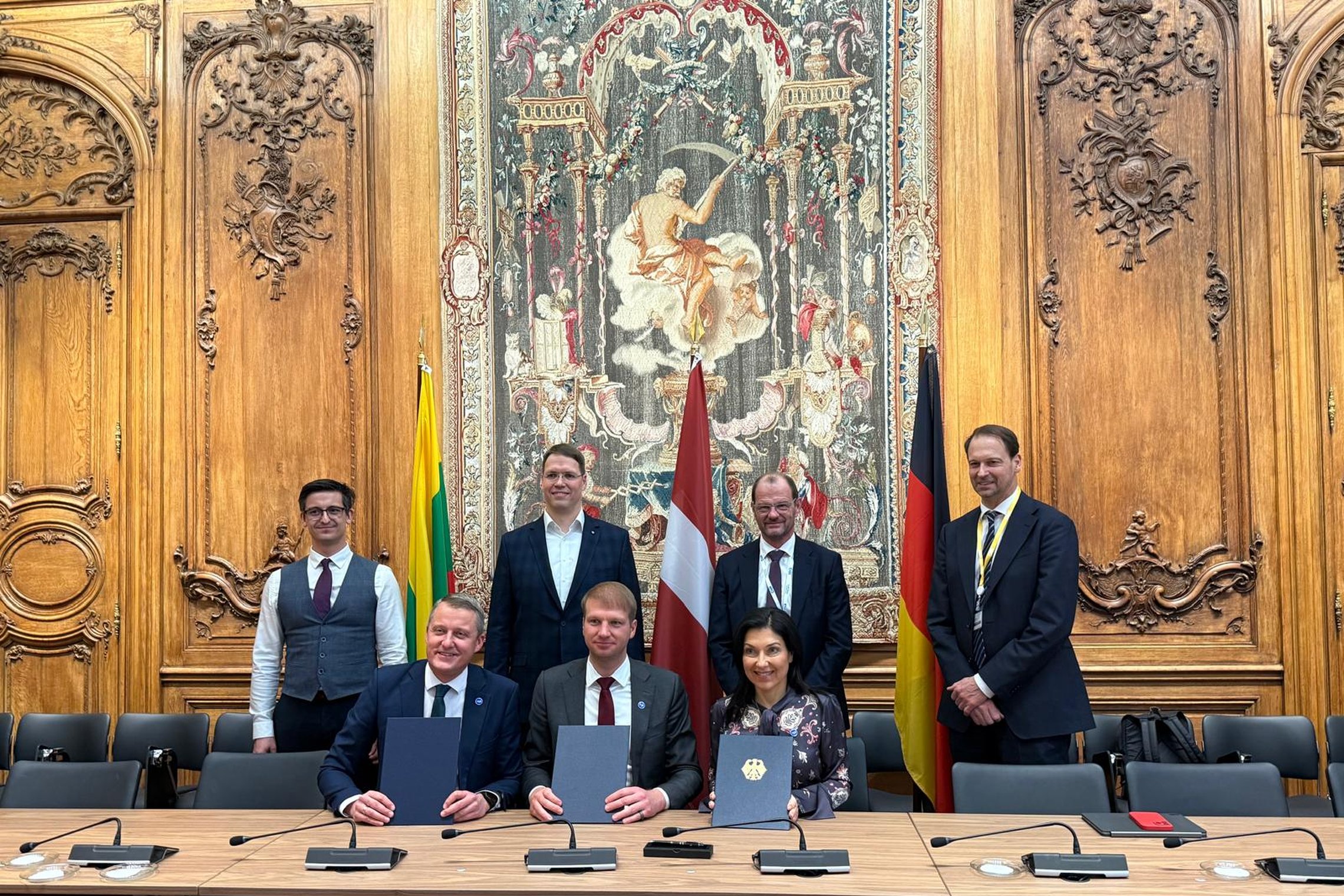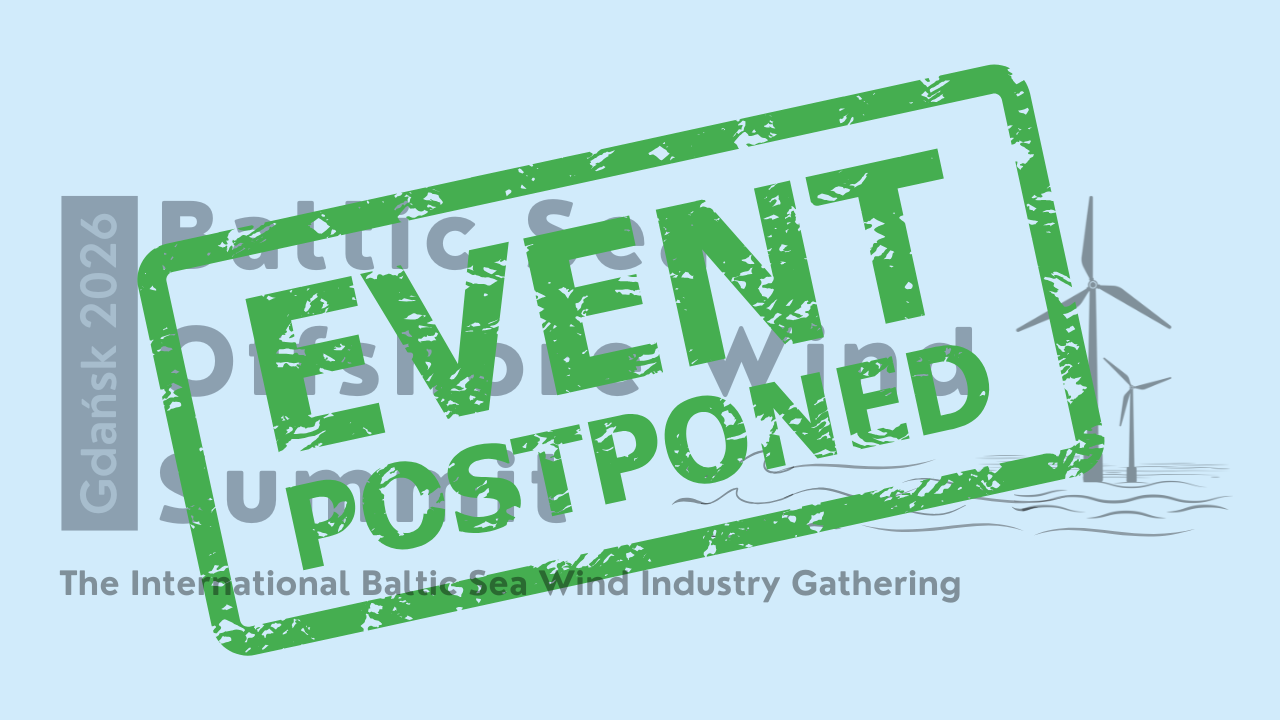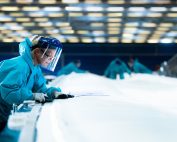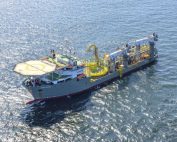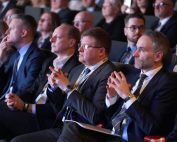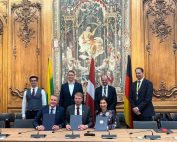The wind industry will bring reliable and stable profits to the Polish economy in the coming decades, while increasing the involvement of domestic companies and industry. The data shows that by 2040, the onshore and offshore wind sectors can guarantee nearly 200,000 new jobs and more than 450 billion zlotys in added value for the Polish economy. But for this to happen, a resilient, sustainable and competitive wind power supply chain is needed. To support the strength of the service and product base for the wind sector, the Polish Wind Energy Association established the Wind Industry Hub Foundation, which presented a report at the launch that outlines an action plan for the development of the Polish wind industry.
Modern power generation is based on producing energy from low- or zero-carbon sources.
The European Union, seeking to lead the way toward climate neutrality while remaining competitive in global markets, has recently proposed a series of initiatives and legislative packages to accelerate the energy transition. The growing share of wind power in the generation mix significantly increases the country’s energy security and has a positive impact on social and economic development at the local and central levels. Recent documents explicitly point to the special role of wind power, which is expected to be one of the key drivers of the energy transition and decarbonization. Regulations and measures proposed under the Net Zero Industry Act, Electricity Market Design or the European Wind Power Action Plan are expected to accelerate the development of wind sources in Europe and simplify administrative procedures and legal frameworks.
Therefore, it is critical to build a local, strong and resilient industry and services to ensure investment continuity and improve the economics of future RES projects. Polish industry has great potential to be a major player in the global supply chain for onshore and offshore wind power. However, without a solid industrial policy focused on RES, including the wind sector in particular , there is a risk that we will not seize the opportunity that is now facing the Polish industry.
– Green transformation will not succeed without a strong industrial base and local supply chain. It is crucial that the beneficiaries of this process be our domestic companies. The measures proposed by the EC are consistent with the directions of wind energy development in Poland. The wind industry in our country has been focusing on developing a local supply chain for years. As an Association, we opt for streamlining planning and permitting procedures, because we know that new jobs, more service providers and international cooperation are opportunities not only for the wind power market in Poland, but also for the entire national economy – points out Janusz Gajowiecki, president of the Polish Wind Energy Association.
Wind Industry Hub Foundation – response to market and industry needs
Commitment to companies working for the wind industry is key to supporting the building of a strong industry and service base. To this end, the Polish Wind Energy Association has established the Wind Industry Hub Foundation, which works to improve energy and economic security by ensuring an adequate industrial base in Poland and strengthening the role of Polish companies in the European supply chain.
-Wind Industry Hub is a response to current challenges signaled by investors and related to the need to develop local supply chains for the wind sector. We want Poland to meet the ambitious EU targets in terms of creating a strong and resilient industry and a stable RES market. What we need today is an informed industrial policy that prioritizes the development of technologies and projects, defines the directions of specialization of manufacturing plants, profiles industry education, or defines a framework for financing – says Dominika Taranko, Managing Director, Vice President of the Wind Industry Hub Foundation.
With its activities, the Foundation will strengthen Polish companies in their expansion into foreign markets, support the development of domestic projects and develop the flow of foreign investment into Poland by facilitating contacts with domestic businesses and administration. The Foundation’s mission is to build strong business relationships, transfer knowledge and technology, and support the implementation of joint projects between domestic and foreign industrial entities operating in the wind sector.
– Poland needs a strong service sector to carry out the transformation of the country’s energy sector. Participation of Polish companies in the preparation and implementation of energy investments is not only cost optimization of projects, but above all minimization of project risks and investment in the future of the Polish economy. The country’s wind power service sector, including offshore, already has a wide range of expertise and experience that needs to be further developed to handle as many new power plant, grid, hydrogen plant, or energy storage projects as possible – as underlined by Maciej Stryjecki, a member of the Wind Industry Hub Program Council.
Data from PWEA’s reports indicate that under the best-case scenarios for the development of this technology and utilization of the maximum potential of onshore and offshore wind power by 2040 we can achieve respectively 36 GW and 33 GW of installed capacity. The onshore and offshore sectors will create about 200,000 new jobs, more than 450 billion zlotys of added value for the Polish economy, and bring nearly 100 billion zlotys of possible revenue for Polish companies during the construction phase.
10 steps to a strong wind industry
To kick things off, the Wind Industry Hub Foundation has prepared a report entitled “Development of the onshore and offshore wind industry in Poland. Building a wind power supply chain – a roadmap” [„Rozwój przemysłu onshore i offshore wind w Polsce. Budowa łańcucha dostaw dla energetyki wiatrowej – plan działania”], where experts pointed out the necessary steps to take advantage of the economic opportunity to transform Poland’s energy sector.
To unlocḱ the potential of the Polish wind industry, the following measures are needed́:
- Updating Poland’s Energy Policy to ensure ambitious targets for electricity production from RES, especially onshore and offshore wind power in the period up to 2050;
- Supplementing Poland’s Energy Policy with provisions on building a strong wind industry as an opportunity for the Polish economy and its innovation;
- Updating the Spatial Development Plan for Polish Marine Areas to identify new areas where further offshore wind farm projects would be possible;
- Simplifying administrative procedures for the development of onshore and offshore wind farms to speed up project implementation and build Poland’s energy independence as soon as possible;
- Supporting the development of the Polish wind industry using already available and new financial mechanisms, including EU funding;
- Preparing the human resources needed for the growing wind industry – providing tailored education and reskilling programs;
- Creating mechanisms to support the involvement of local producers within the framework of regulations defined at the EU level;
- Implementing into national law the provisions of the regulation on the establishment of a framework of measures to strengthen the European ecosystem for the production of products of carbon neutral technologies (the so-called Net Zero Industry Act – NZIA);
- Implementating the European Wind Charter in Poland, which will strengthen the wind sector by supporting local supply chains and defining quality criteria in tenders for energy from wind farms;
- Establishing appropriate administrative facilities and coordinate work within the Ministries of: State Assets, Maritime Affairs and Inland Navigation, Climate and Environment, Industry, and Development and Technology.
– Implementing these key 10 steps will bring us closer to our stated goal, i.e. building a strong Polish wind industry, which will become one of the pillars of the national economy. However, it should not be forgotten that this is a long-term process, during which ongoing adaptation to changing conditions and coordination of the activities of all involved entities will be necessary – underlines Dominika Taranko, Managing Director, Vice President of the Wind Industry Hub Foundation.
Report available here
Source: windindustry.pl
